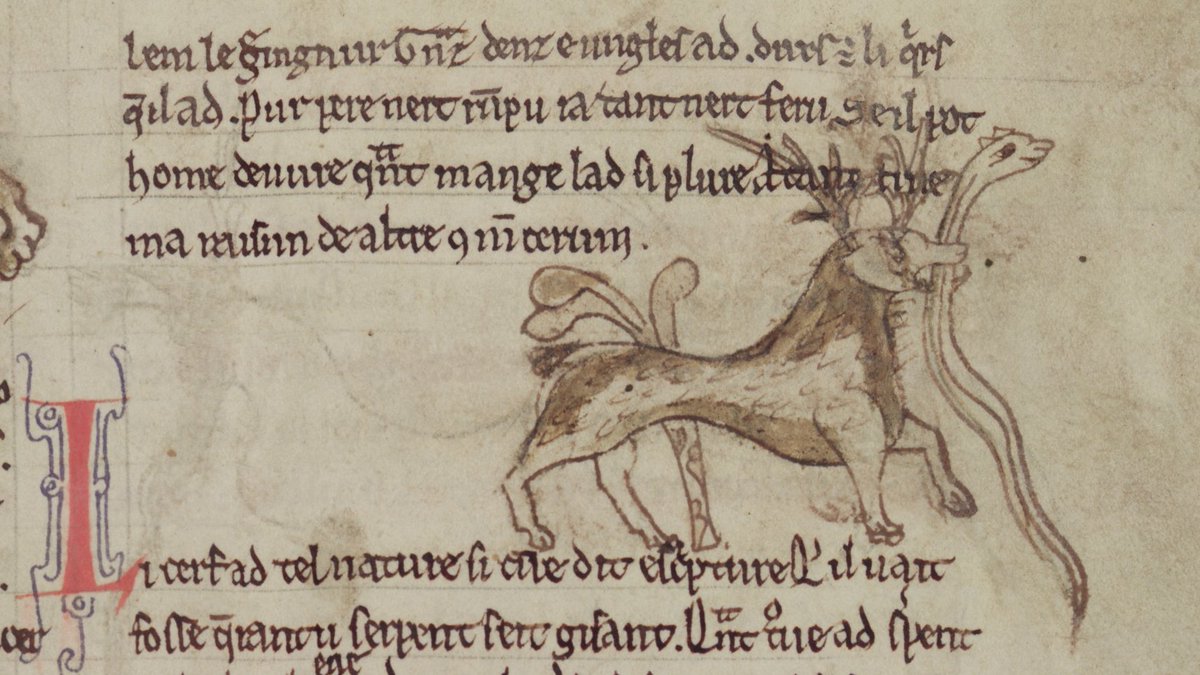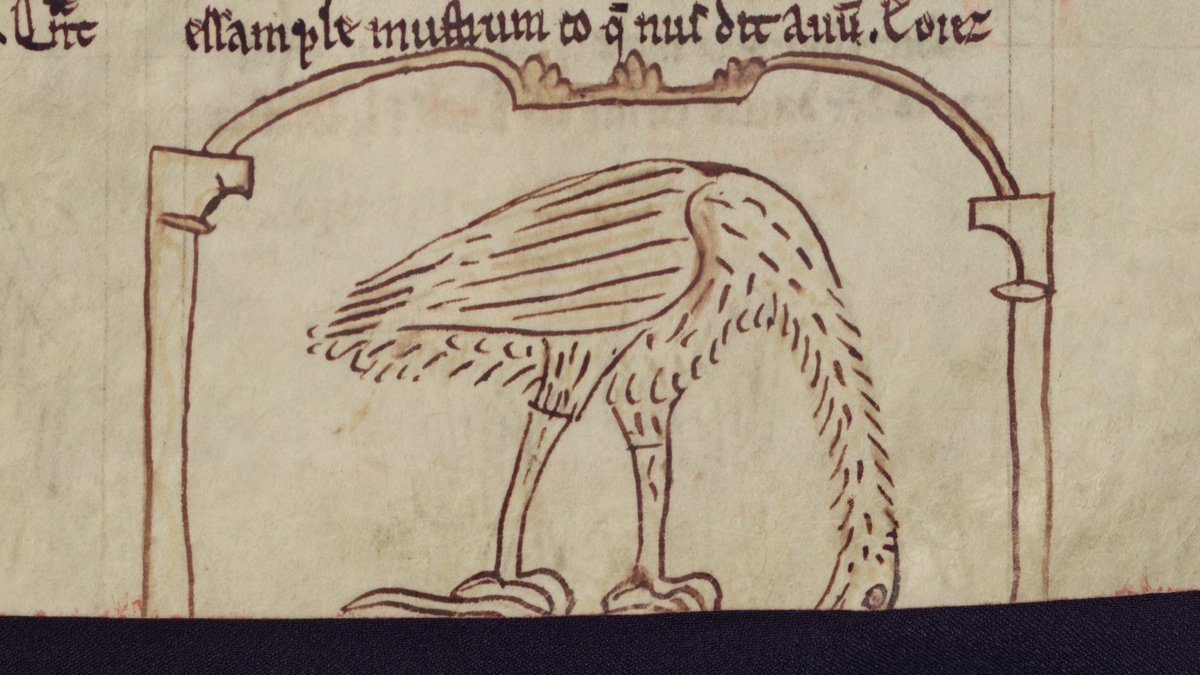We are pleased to announce the programme of the conference that will conclude the seminar series on Scribal Identity and Agency, hosted by the Early Text Cultures research network at the University of Oxford. The event will take place online on Zoom (UK time) on 16 – 17 December 2021 and will include talks on the Late Bronze Age city of Ugarit, ancient Rome, medieval Christianity and Islam, and monastic communities in early modern Ethiopia and Tibet. To receive the link please register here.
Abstracts can be found here.
PROGRAMME (UK TIME)
DAY 1 (16 December)
4—4.15pm
Introduction & Greetings
Session 1. Urban Scribes in Mediterranean Antiquity: East and West
4.15—4.45pm
Philip Boyes (Cambridge)
Script and Identity in Late Bronze Age Ugarit
4.45—5.15pm
Benjamin Hartmann (Zurich)
Consequences of Literacy: Identity and Agency of Roman scribae
5.15—5.45pm
Joint Q&A
Session 2. (Non-)Marginal Scribal Identities in the Christian and Islamic Middle Ages
6.15—6.45pm
Elaine Treharne (Stanford)
Networks of Female (?) Scribal Activity, 1100-1250
6.45—7.15pm
Vevian Zaki (Oxford)
To be a Scribe of Christian Arabic Texts: Skills and Challenges
7.15—7.45pm
Joint Q&A
DAY 2 (17 December)
Session 3. Inscribing Religious Communities into the Modern Era
4.45—5.15pm
Brenton Sullivan (Colgate)
Monastic Constitutions and the Dissemination of Administrative Power in Premodern Tibet
5.15—5.45pm
Denis Nosnitsin (Hamburg)
Scribes from Ethiopia (East Tigray): Practices, Profiles, Portraits
5.45—6.15pm
Joint Q&A
6.15—6.30pm
Break
6.30—7.30pm
Final Roundtable
Everyone is extremely welcome.















